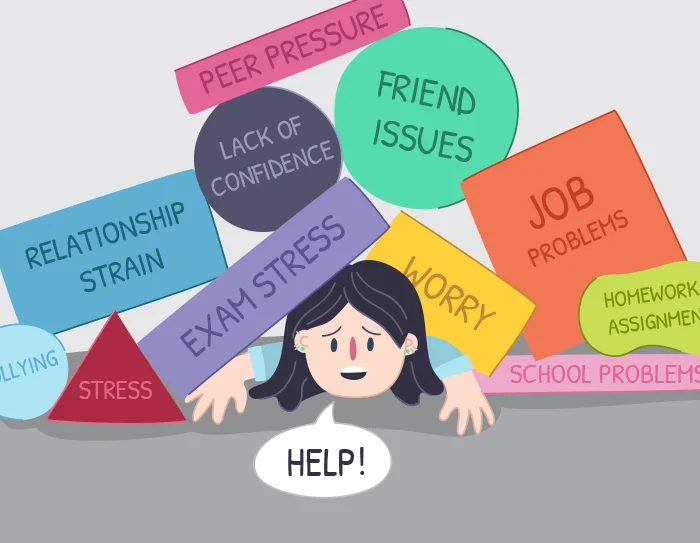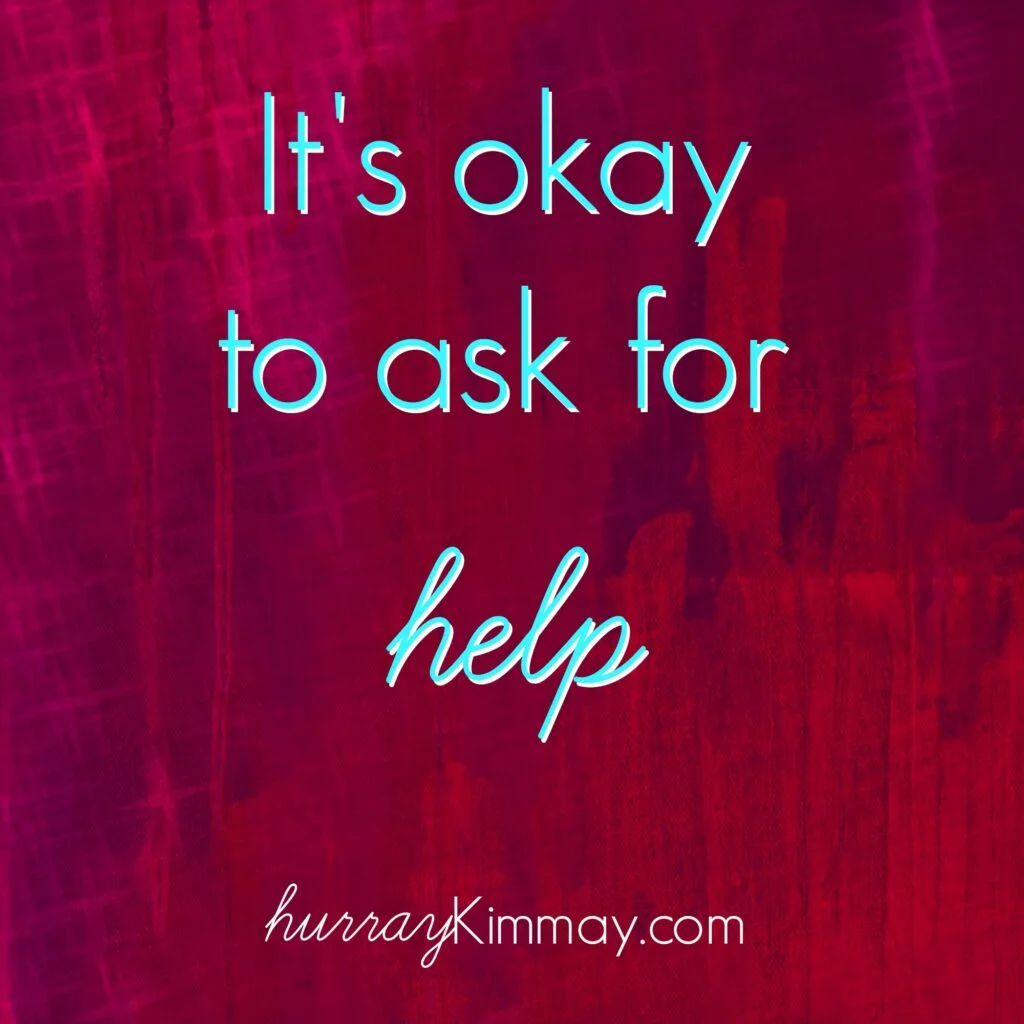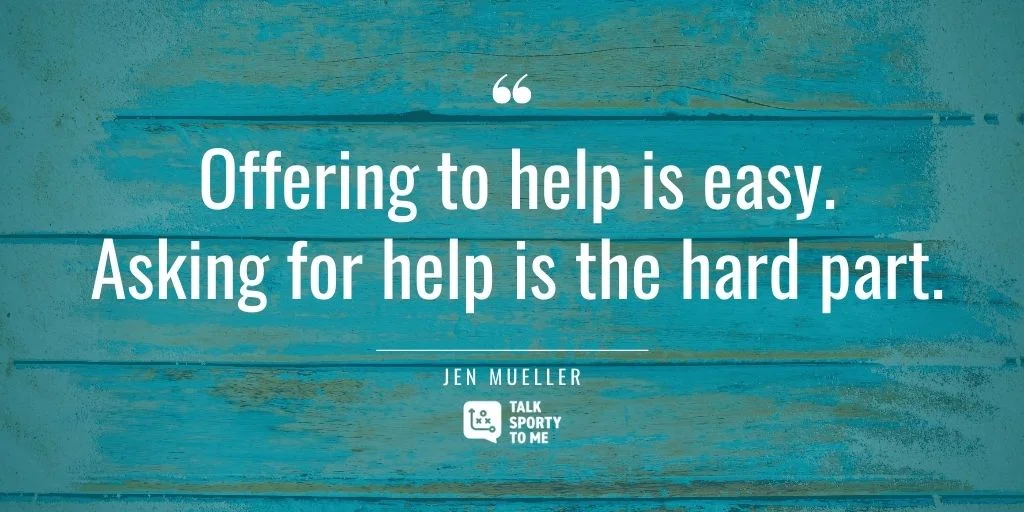Asking For Help: 10 ways to actually ask for help when you need it.


Asking for help is a fundamental aspect of the human experience, yet many find it challenging to reach out when they need assistance. Whether it’s due to pride, fear of burdening others, or a desire to appear self-sufficient, seeking help can be a daunting task. However, understanding how to effectively ask for help is a crucial skill that fosters personal growth, strengthens relationships, and ultimately contributes to a more supportive community.
How to Ask For Help:
1. Acknowledge Your Need:
The first step in asking for help is recognizing that you need it. Be honest with yourself about your limitations and accept that seeking assistance is a sign of strength, not weakness. Everyone encounters challenges, and it’s okay to lean on others for support.
2. Identify the Right Person:
Choose someone you trust and feel comfortable with when seeking help. This could be a friend, family member, colleague, or mentor. Consider the individual’s expertise and willingness to assist. A supportive network is essential, so don’t hesitate to reach out to those who genuinely care about your well-being.
3. Be Clear About Your Request:
Clearly articulate what you need help with. Ambiguity can lead to misunderstandings, so be specific about the assistance you require. Whether it’s emotional support, advice, or a tangible task, providing clear information helps the other person understand how they can best assist you.
4. Express Your Feelings:
Share your emotions and thoughts surrounding the situation. Being open about your feelings fosters understanding and empathy. If you’re struggling with a personal challenge, expressing your vulnerability can create a deeper connection and make the other person more willing to help.

5. Choose the Right Time and Place:
Timing is crucial when asking for help. Pick an appropriate time and setting where both you and the other person can engage without distractions. Avoid approaching someone when they are busy or preoccupied, as this may hinder effective communication.
6. Practice Active Listening:
When seeking help, it’s important to be receptive to the advice or support offered. Actively listen to what the other person is saying, and be open to their perspective. This not only shows respect for their input but also enhances the quality of the assistance you receive.
7. Be Grateful and Appreciative:
Express gratitude for the help you receive. Acknowledge the other person’s time, effort, and willingness to assist you. A simple thank you can go a long way in reinforcing the support system around you.
8. Be Open to Reciprocity:
Recognize that asking for help is a two-way street. Just as you seek assistance, be willing to offer your support when others reach out. Building a reciprocal relationship strengthens connections and creates a supportive community.
9. Overcome Fear of Rejection:
Fear of rejection can be a significant barrier to asking for help. Understand that it’s okay if someone is unable to assist you or if they decline. Rejection does not diminish your worth, and there are often alternative sources of support available.
10. Reflect on the Experience:
After receiving help, take the time to reflect on the experience. Consider what worked well in the communication and how you can improve your approach in the future. Reflecting on the process enhances your ability to ask for help more effectively in subsequent situations.
In conclusion, asking for help is a skill that requires practice and self-awareness. By acknowledging your needs, choosing the right person, and expressing yourself clearly, you pave the way for meaningful connections and personal growth. Overcoming the fear of rejection and being open to reciprocity strengthens your support network and contributes to a culture of mutual assistance. Remember, asking for help is not a sign of weakness but a demonstration of courage and a willingness to learn and grow.

Importance of asking for help:
Asking for help is a crucial aspect of personal and interpersonal development. It serves as a bridge between individual challenges and the collective strength of a community. Recognizing the importance of seeking assistance can have profound effects on one’s well-being and the dynamics of relationships.
Firstly, asking for help promotes personal growth. It is an acknowledgment of one’s limitations and a proactive step toward overcoming obstacles. In seeking help, individuals gain new perspectives, insights, and skills that contribute to their overall development. The ability to request assistance demonstrates humility and a commitment to continuous learning.

Moreover, the act of asking for help strengthens interpersonal bonds. It fosters a sense of trust and vulnerability within relationships, whether they are personal or professional. When individuals feel comfortable seeking support, it creates a culture of openness and mutual reliance. Shared challenges become opportunities for collaboration, deepening connections and reinforcing the fabric of a supportive community.
Additionally, asking for help is a catalyst for problem-solving. It brings diverse perspectives to the table, often leading to more innovative and effective solutions. The collective intelligence derived from collaborative efforts surpasses what an individual could achieve alone. By tapping into the knowledge and experiences of others, individuals can navigate challenges more efficiently and with a broader understanding.
In essence, the importance of asking for help lies in its transformative impact on personal growth, relationship dynamics, and problem-solving. It is not a sign of weakness but a courageous and strategic choice that contributes to individual and collective success. Embracing the willingness to seek assistance empowers individuals to navigate life’s complexities with resilience, creating a supportive environment where everyone can thrive.













